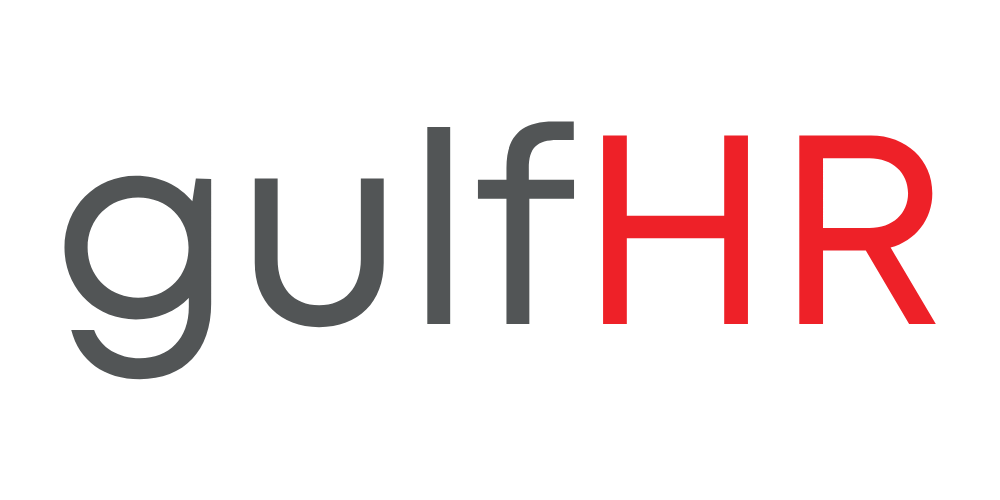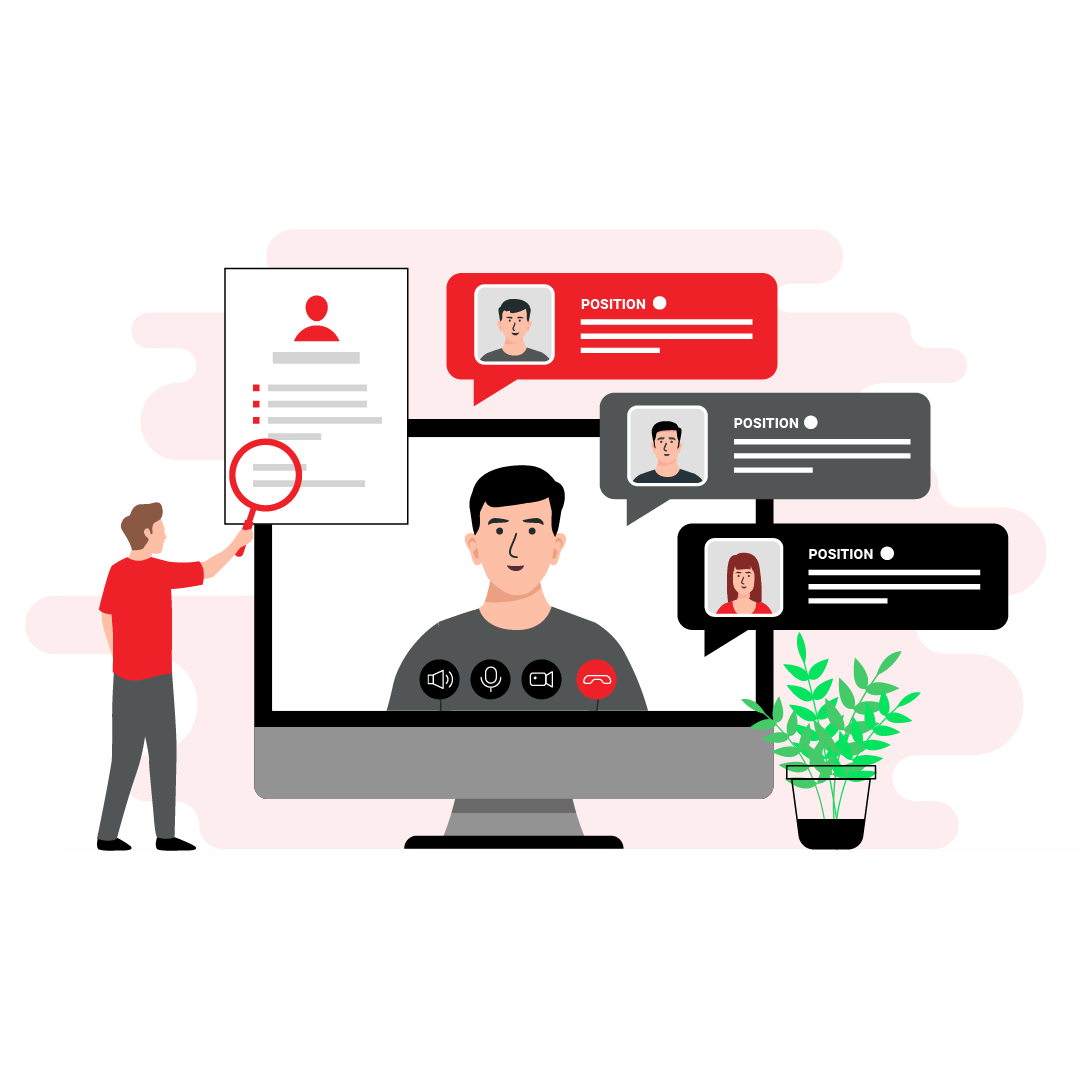
Predictive Analytics in the HR Industry
The question is – how are you utilizing data for effective decision-making?
Predictive analytics and workforce analytics are game-changers in HR, empowering
professionals to manage employees proactively. Harnessing the power of data
empowers HR professionals to be proactive rather than reactive in managing employees.
According to Rao:
AI and predictive analytics together contribute to a more agile, responsive and
forward-looking approach to managing the workforce in alignment with organizational
goals. AI examines historical statistics, market trends, dynamic business conditions,
demographic data, upcoming projects and other pertinent aspects, which enables firms
to predict manpower demands, plan for growth and help make informed decisions
about recruitment.”
The SHRM article Predictive Analytics Can Help Companies Manage Talent But Only if
They Ask the Right Questions says:
Organizations of all sizes can benefit from studying their past and present data and
using it to anticipate the future and how they should react. It’s important to note that
predictive analytics doesn’t simply mean perpetuating past patterns into the future.“
This sophisticated approach to HR management leverages data insights to anticipate
trends, forecast outcomes, and optimize human resource strategies.
The power of predictive analysis in HR:
By harnessing the power of algorithms and machine learning, HR teams can identify patterns, anticipate employee behavior, and proactively address challenges before they
arise. In the realm of recruitment, by analyzing historical hiring data, organizations can identify the characteristics of successful employees, predict candidate performance and
optimize the recruitment process. This not only streamlines hiring but also enhances the quality of talent acquisition. By analyzing employee data, HR professionals can identify flight risks, allowing them to implement targeted retention strategies. Predictive analytics can provide insights into factors influencing employee satisfaction and performance. HR professionals can use this information to design targeted training programs, ensuring that employees are equipped with the skills needed to meet future challenges. While predictive analytics holds immense promise, it’s essential to address challenges such as data quality, privacy concerns, and ethical considerations. HR professionals must prioritize data accuracy, ensure compliance with regulations, and establish transparent communication with employees to build trust in the use of predictive analytics.
Conclusion:
With AI-driven predictive analytics, HRMS systems can forecast employee attrition rates and identify individuals at risk of leaving the organisation. This empowers HR professionals to take proactive measures, such as targeted retention initiatives and succession planning, to mitigate talent loss. AI algorithms can analyse employment contracts, policies, and legal documents to identify any potential compliance issues. By leveraging AI algorithms, organisations can recommend personalised training programs, identify skill gaps, and provide targeted learning content. This enables employees to acquire new skills, enhance their performance, and contribute to organisational growth.
TRUSTED BY OVER 1000+ CLIENTS
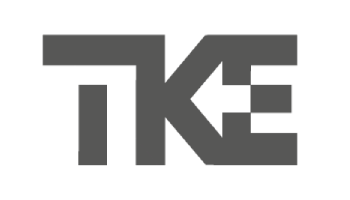

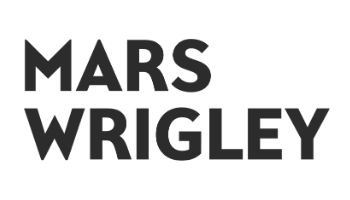

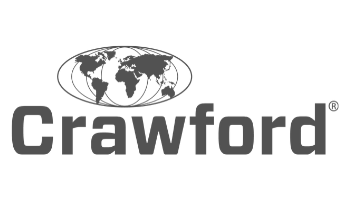

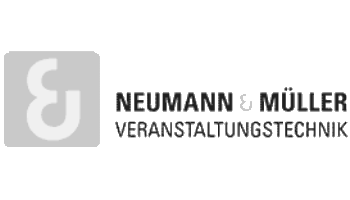
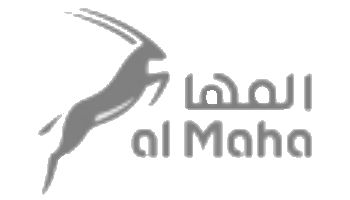
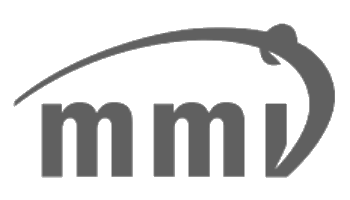
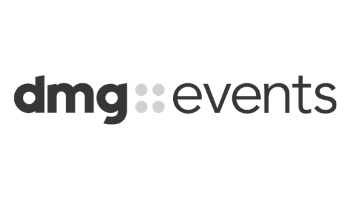
GAIN INSTANT ACCESS TO OUR PLATFORM
Try the expert demo now to see the latest HR features and development in action.
Let’s talk. We’re only a call away
Alternatively send us a message or an email to [email protected]
